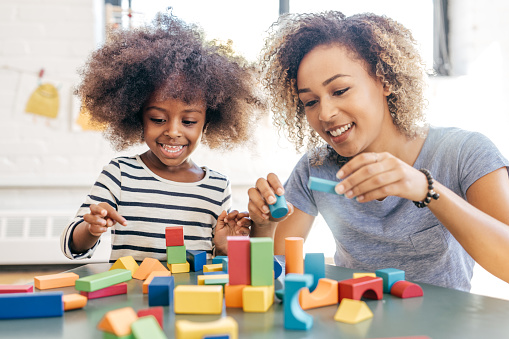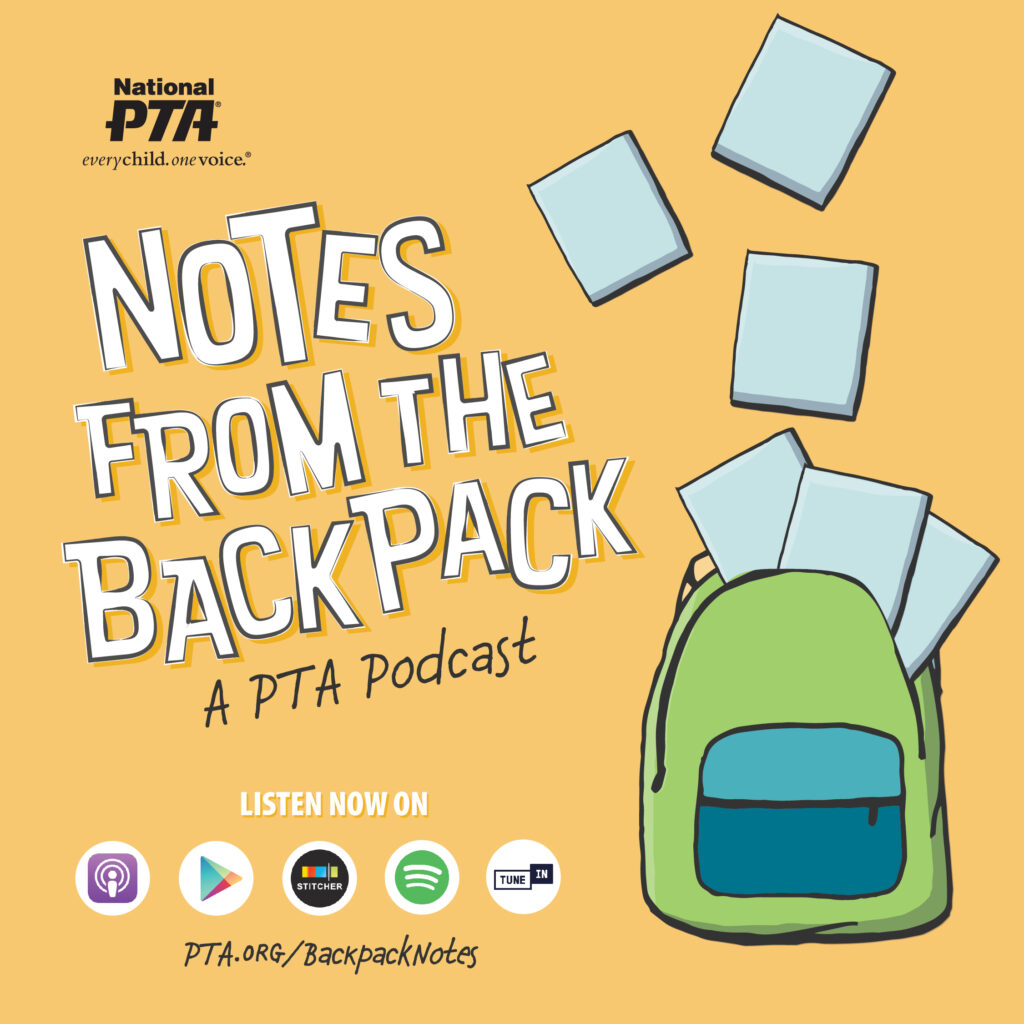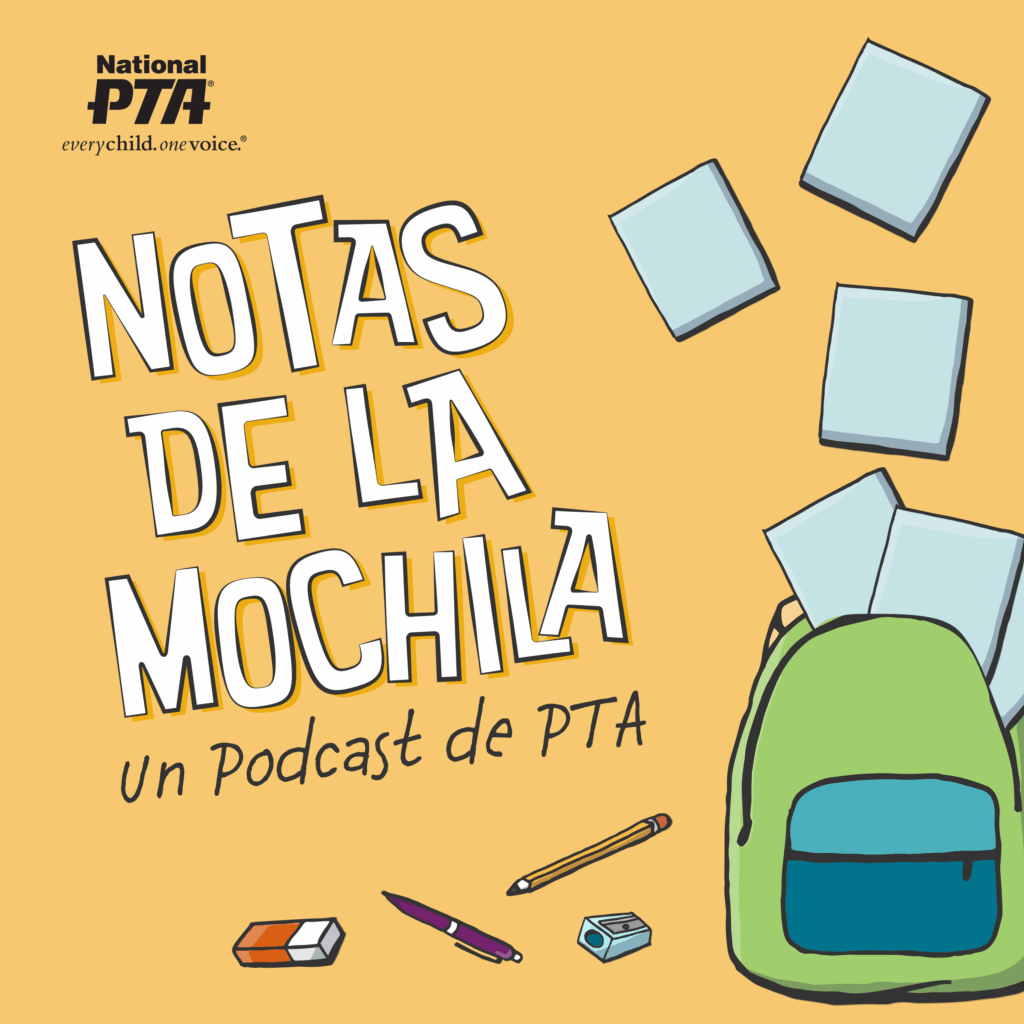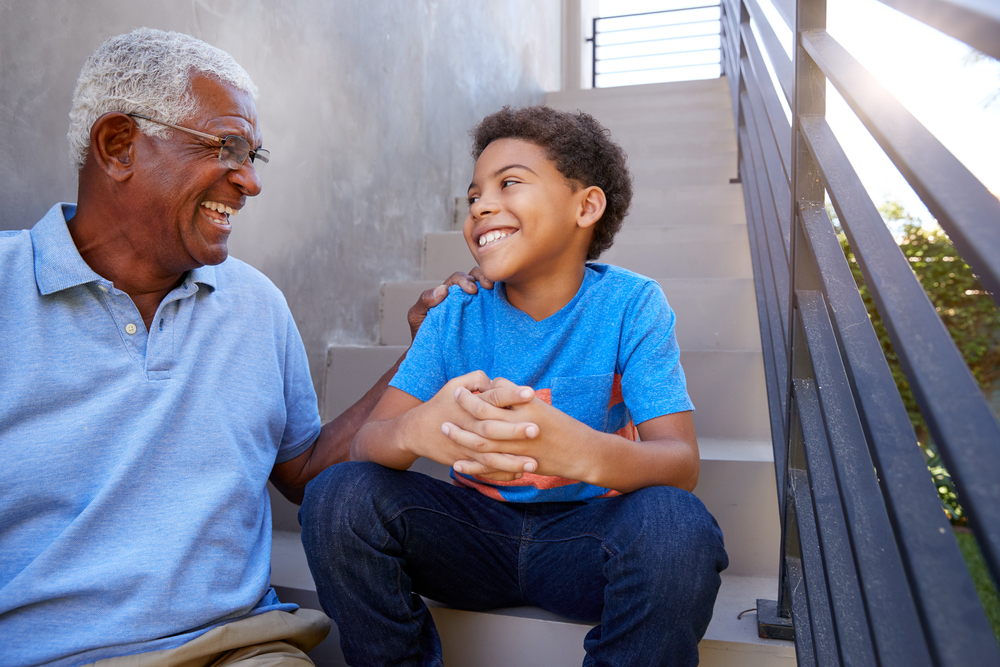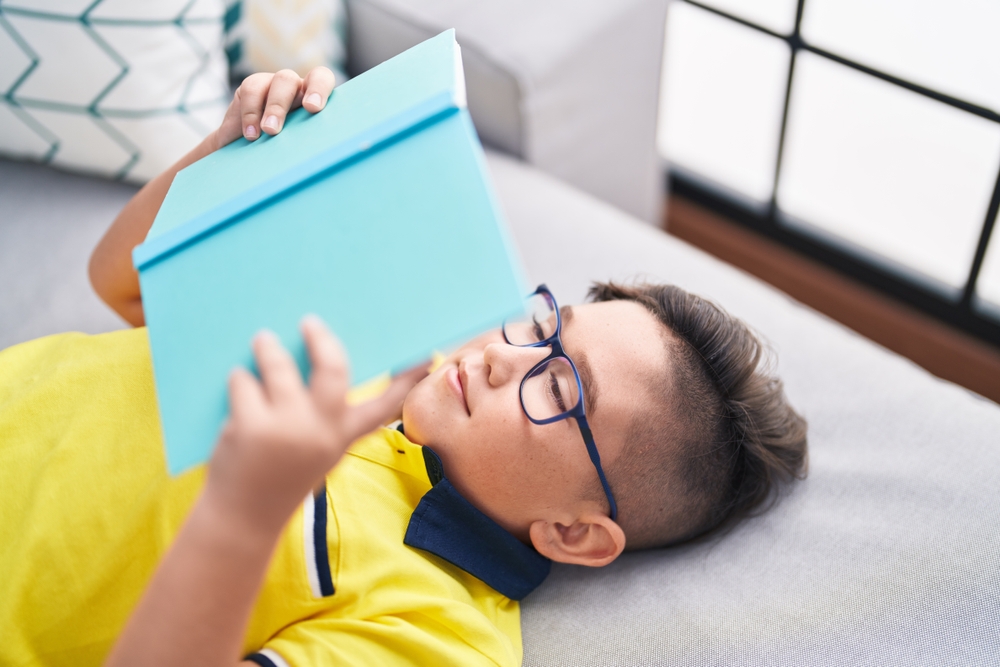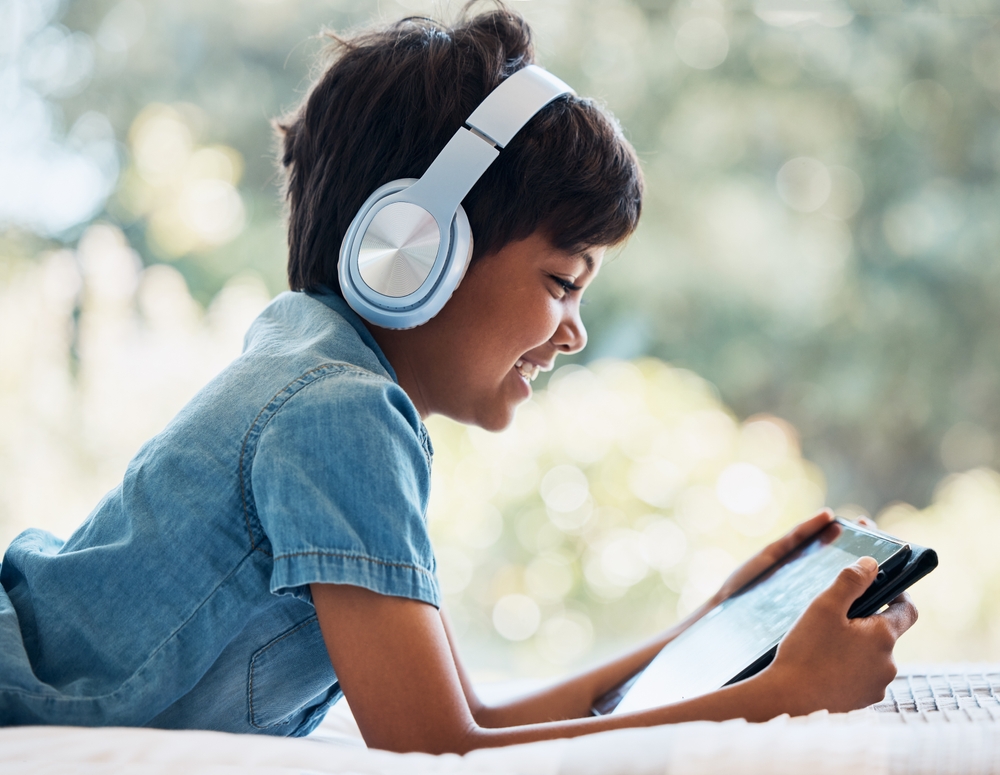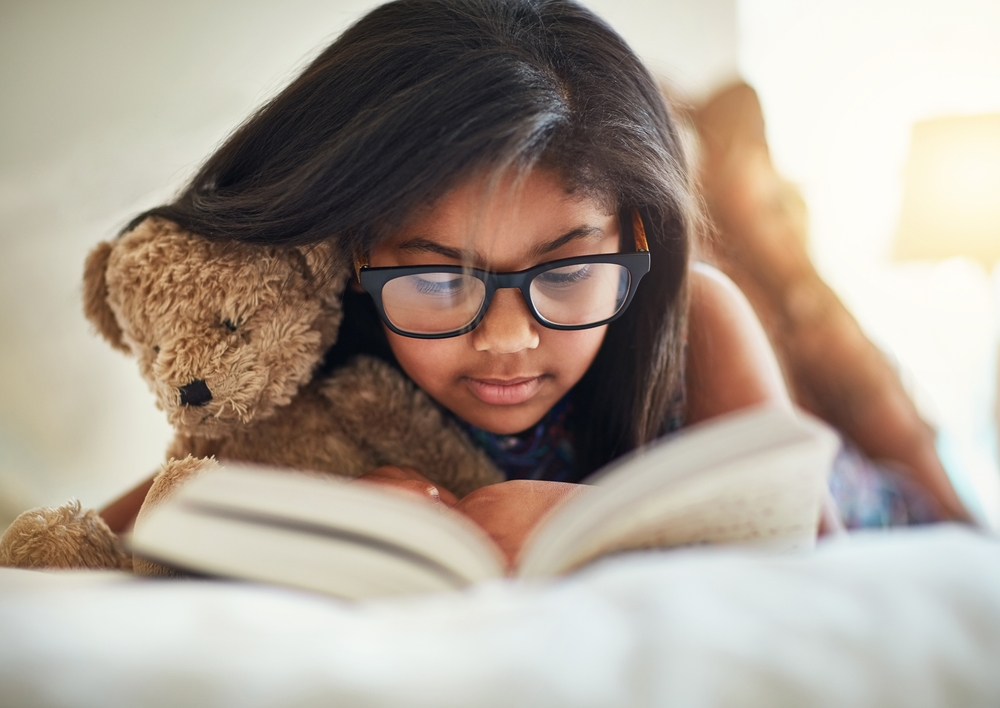When comparing a set of building blocks to sophisticated-looking toys and gadgets, can playing with blocks compare? Science says, yes!
You might be surprised to learn that building blocks have been scientifically proven to build important skills. Research has shown that block play supports the development of social skills, abstract thinking, creativity, mathematical thinking, literacy and more.
1. Block Play Builds Social Skills
Playing blocks with other children helps kids to make friends and learn how to cooperate. The study, Social Skills: Laying the Foundation for Success found that blocks are a primary “learning material that encourages cooperative play.”
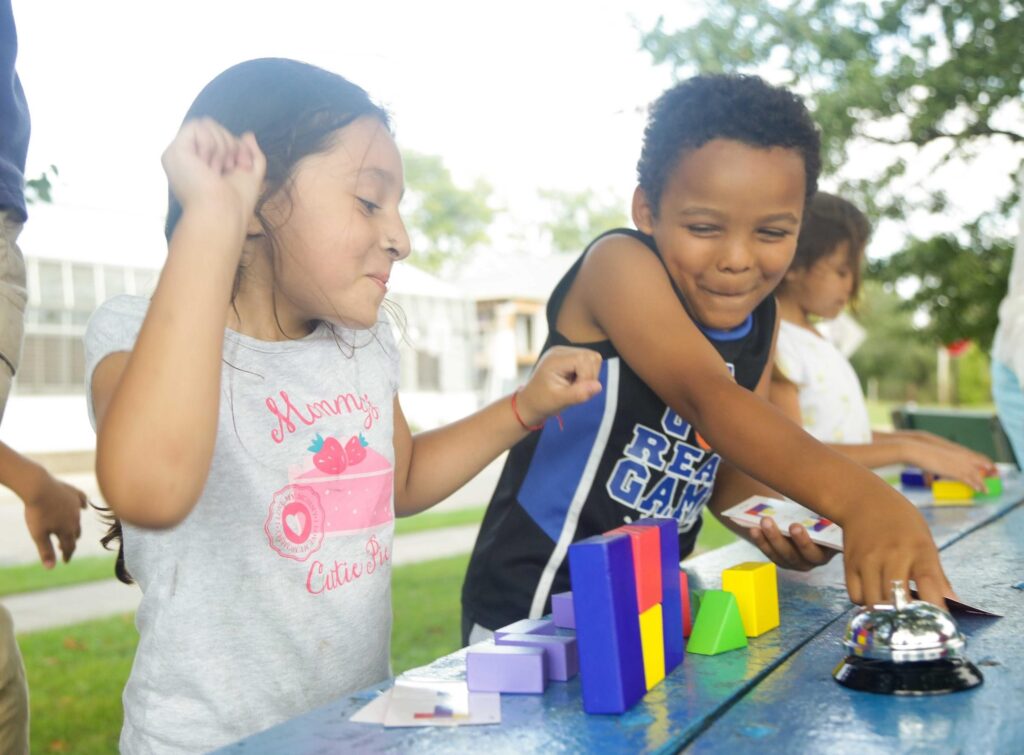
Competitive block-building systems, like Blocks Rock, also help children learn how to navigate competitive situations with their friends and classmates in a healthy environment.
When trying to build difficult structures, children can learn how to work together, and problem solve as a team.
2. Block Play Builds Physical & Motor Skills
While they are reaching for blocks, stacking blocks and making blocks fit together, children are developing their hand-eye coordination. They also build finger and hand-strength. Block building helps to fine-tune motor skills, and in kindergarten and primary grade children, it develops skills in the area of design, representation, balance and stability.
3. Block Play Builds Creative Skills
When playing with blocks, children can build structures from their minds that did not exist or re-create a template that fills them with awe. This encourages their artistic creativity! Beyond artistic creativity, building blocks allow children to practice creative problem-solving skills. Another study found that kids who played with blocks instead of a puzzle performed better on divergent problems and showed more creativity in their attempts to solve the problems.
4: Block Play Builds Intellectual Skills
Finally, building blocks develop intellectual skills in a variety of areas, such as math, spatial reasoning and literacy/language.
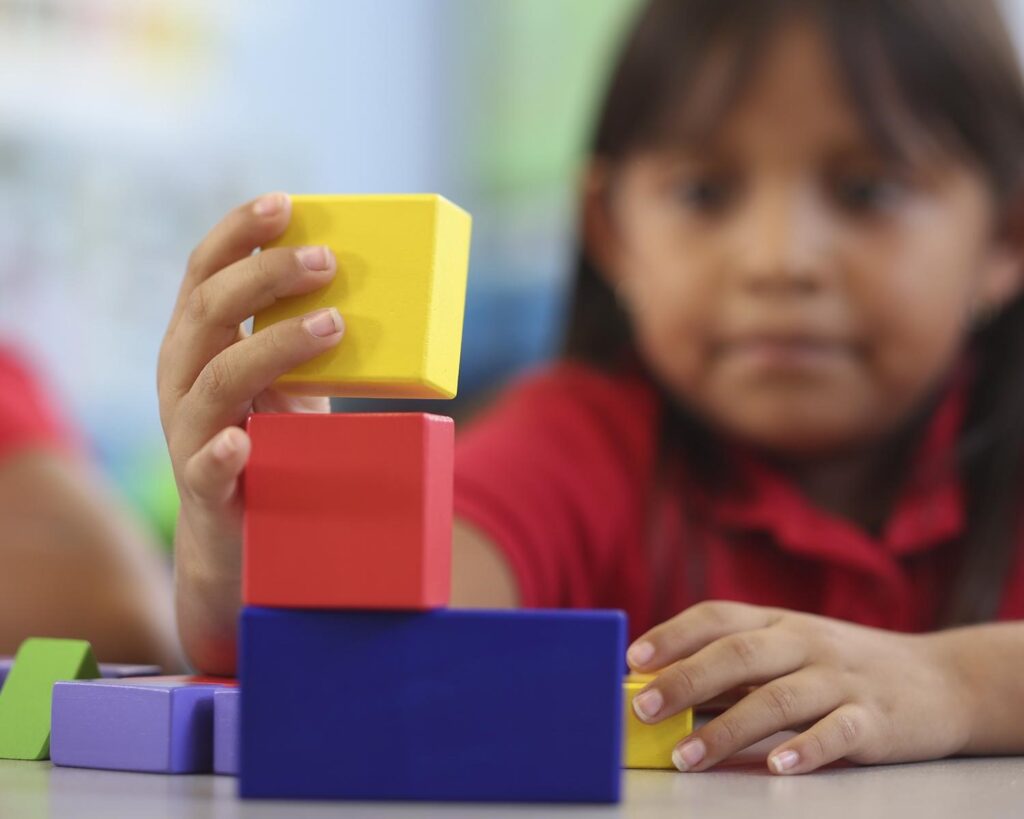
Researchers found that more complex block play during preschool years was correlated with higher mathematics achievement in high school, even after controlling for a child’s IQ.
In another study, sixth-grade students who spent more free time in construction play performed better on a test of mathematics word problems. Children also develop literacy and language skills as they describe what they are building.
Researchers have also found that block-building games improve spatial reasoning abilities in children to a greater degree than board games. Spatial reasoning is an important and foundational skill for STEM learning.
Which blocks should you choose for your children?
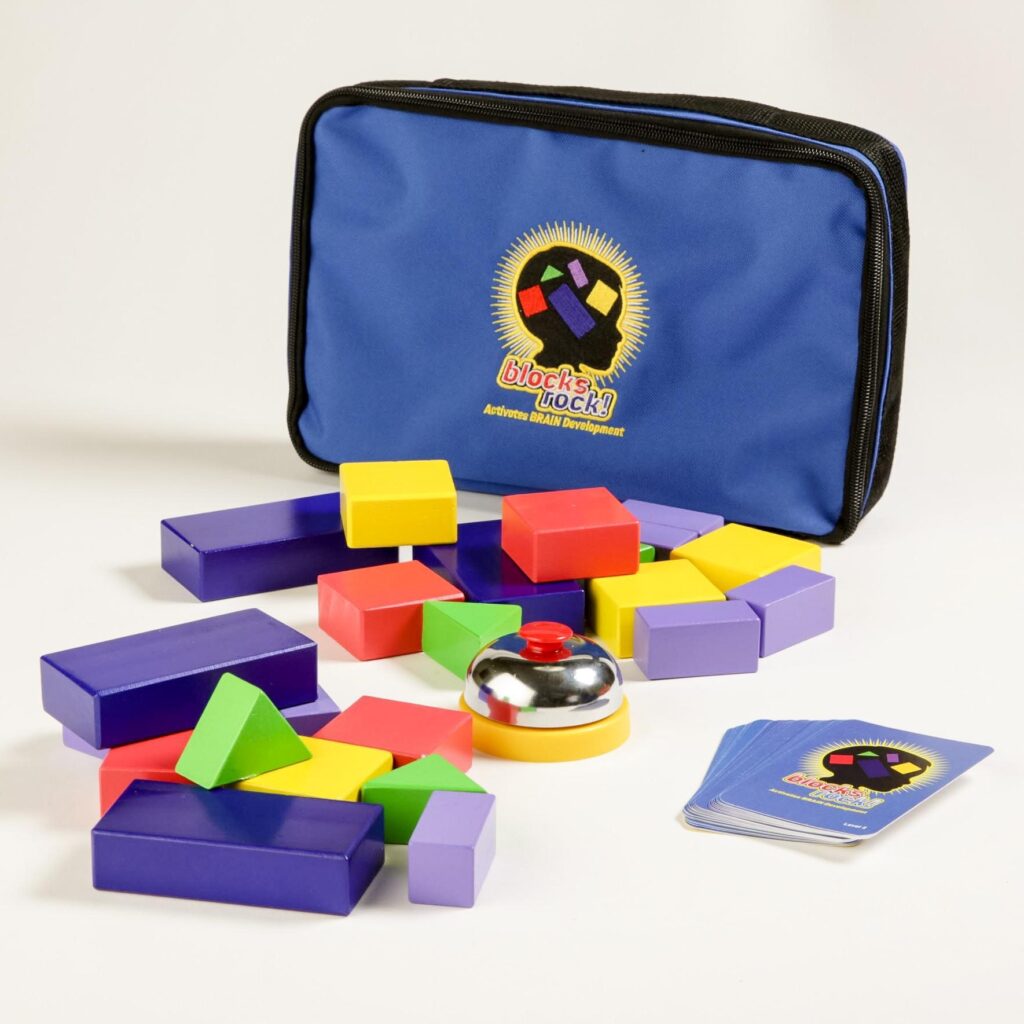
There are many options for building blocks out on the market. These range from packets sold by large retailers to games sold by small, education-focused companies like Blocks Rock!
Blocks Rock! is a competitive structured block game for kids, scientifically-proven to develop skills critical for STEM learnings.
This is a sponsored article from Blocks Rock!. Any reference in this website to any person, or organization, or activities, products, or services related to such person or organization, or any linkages from this web site to the web site of another party, do not constitute or imply an endorsement, recommendation, or favoring.

